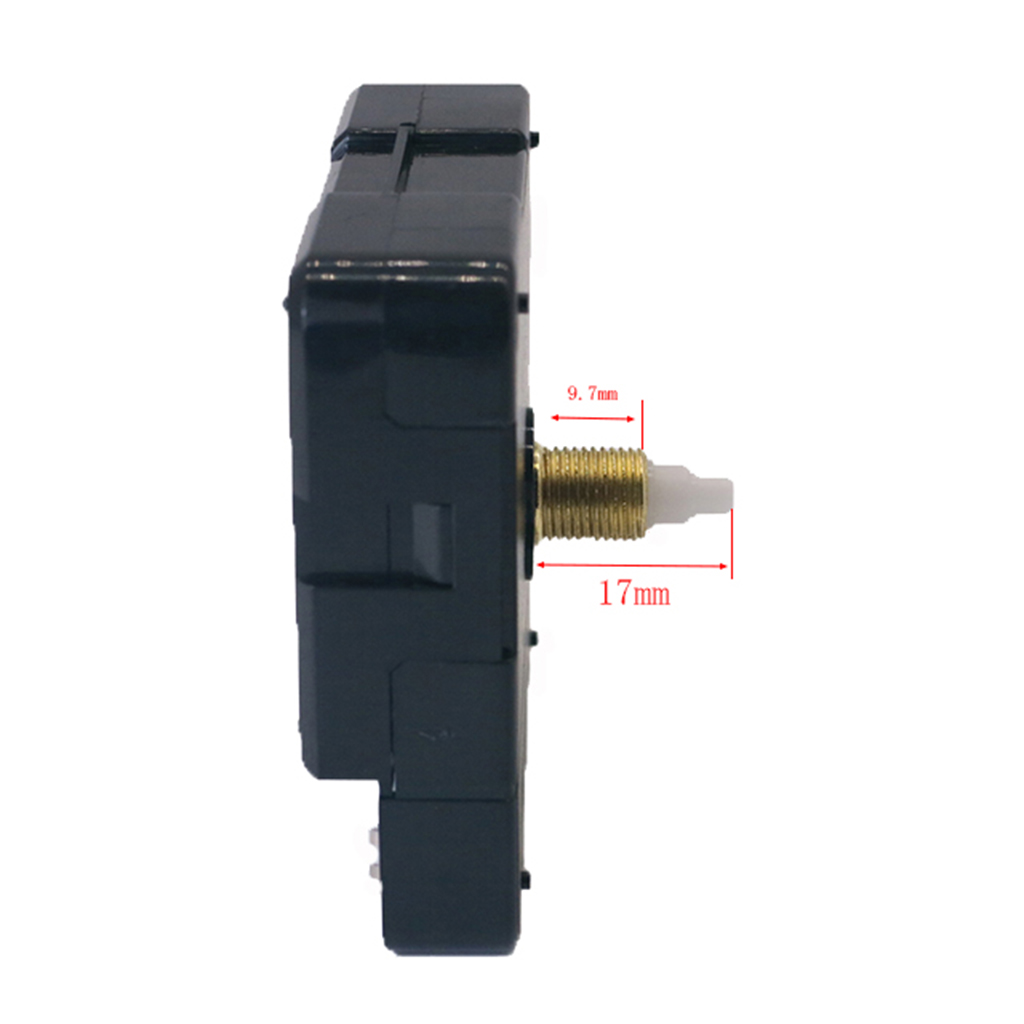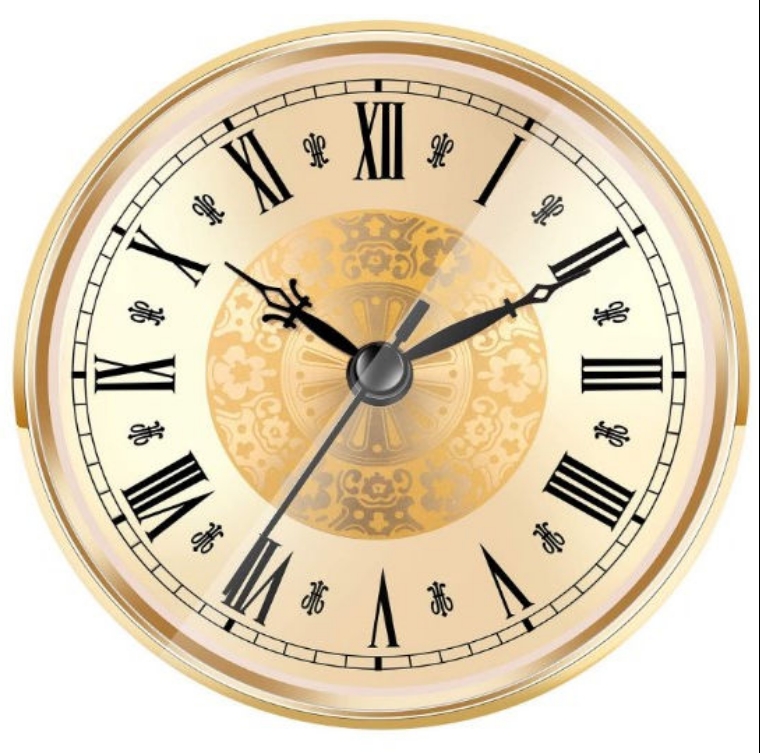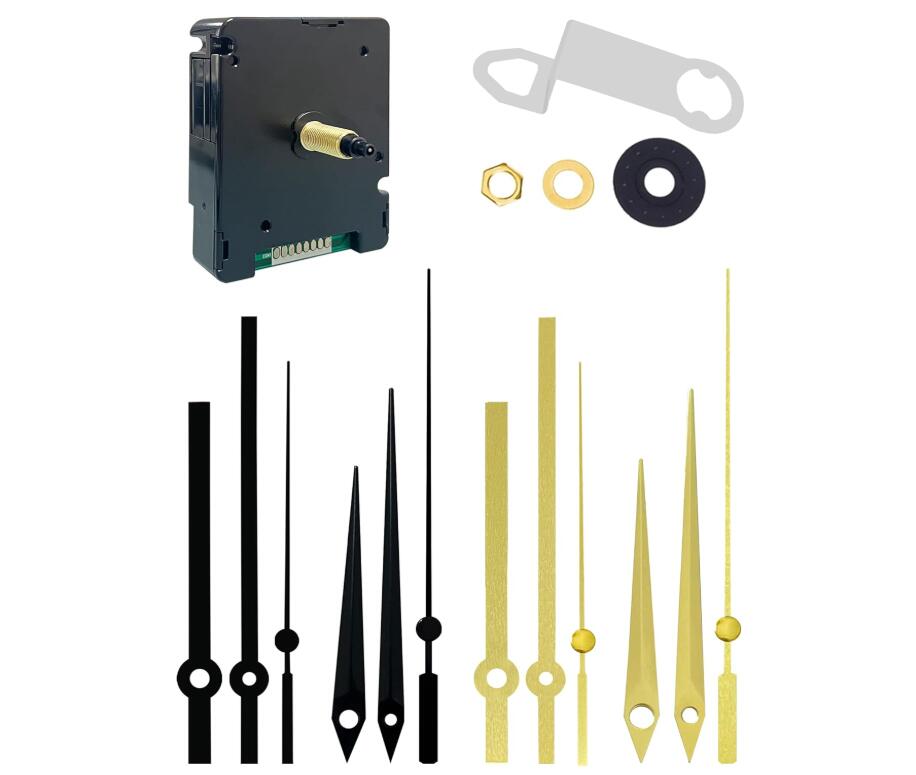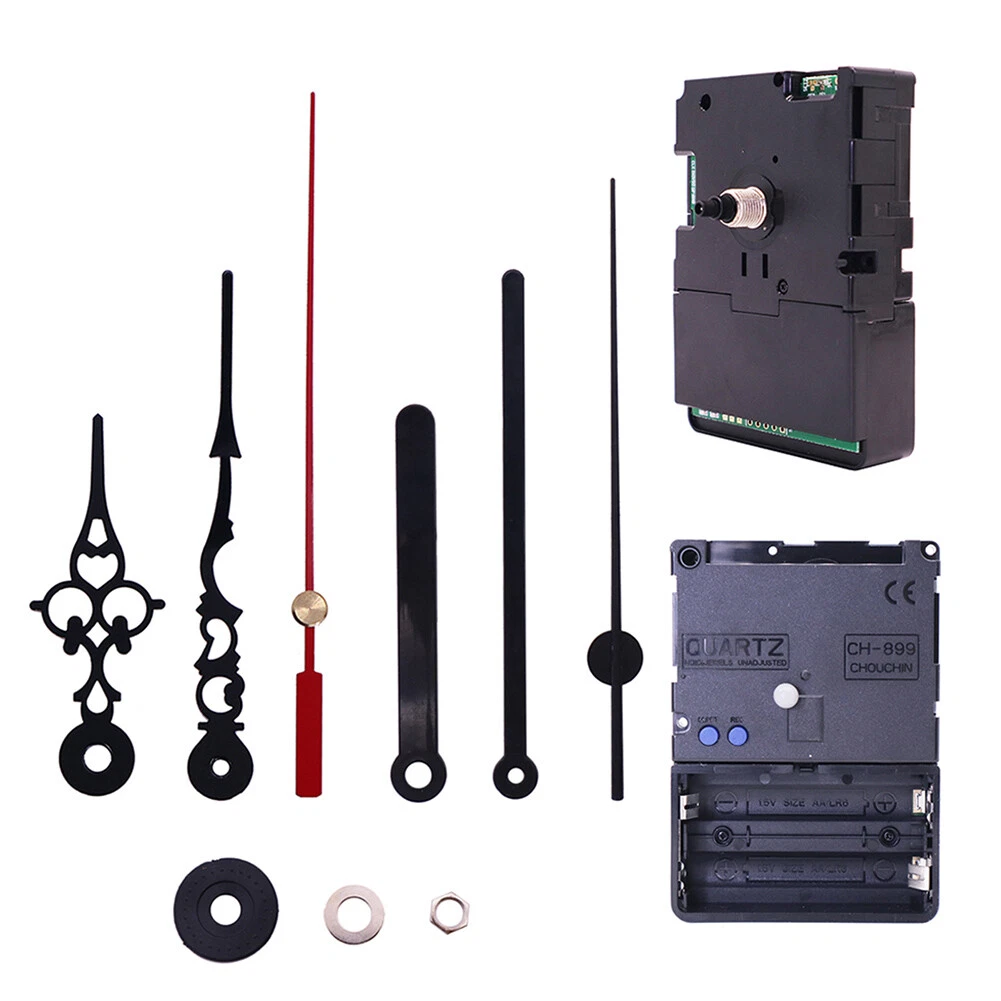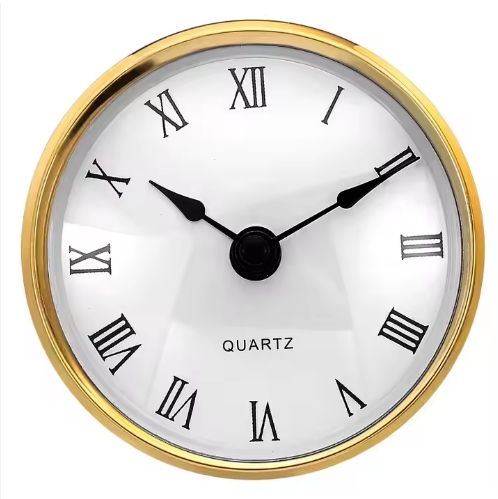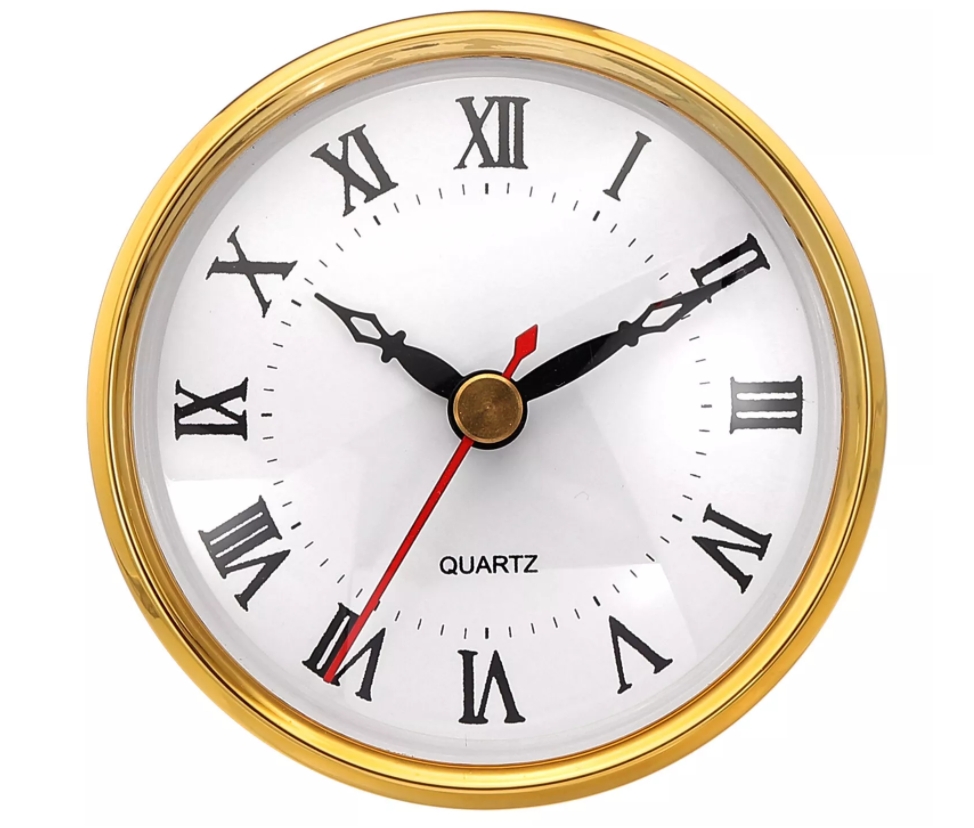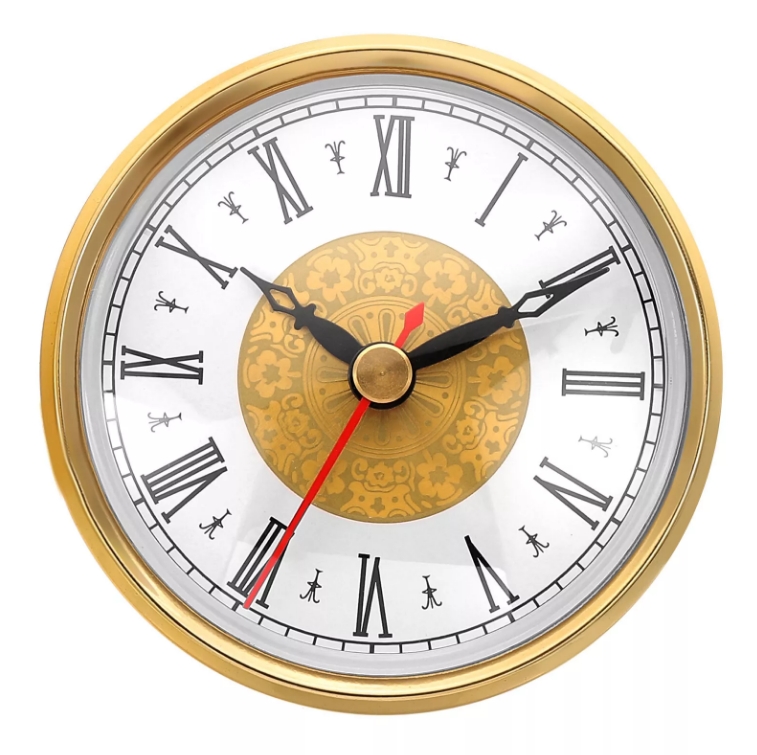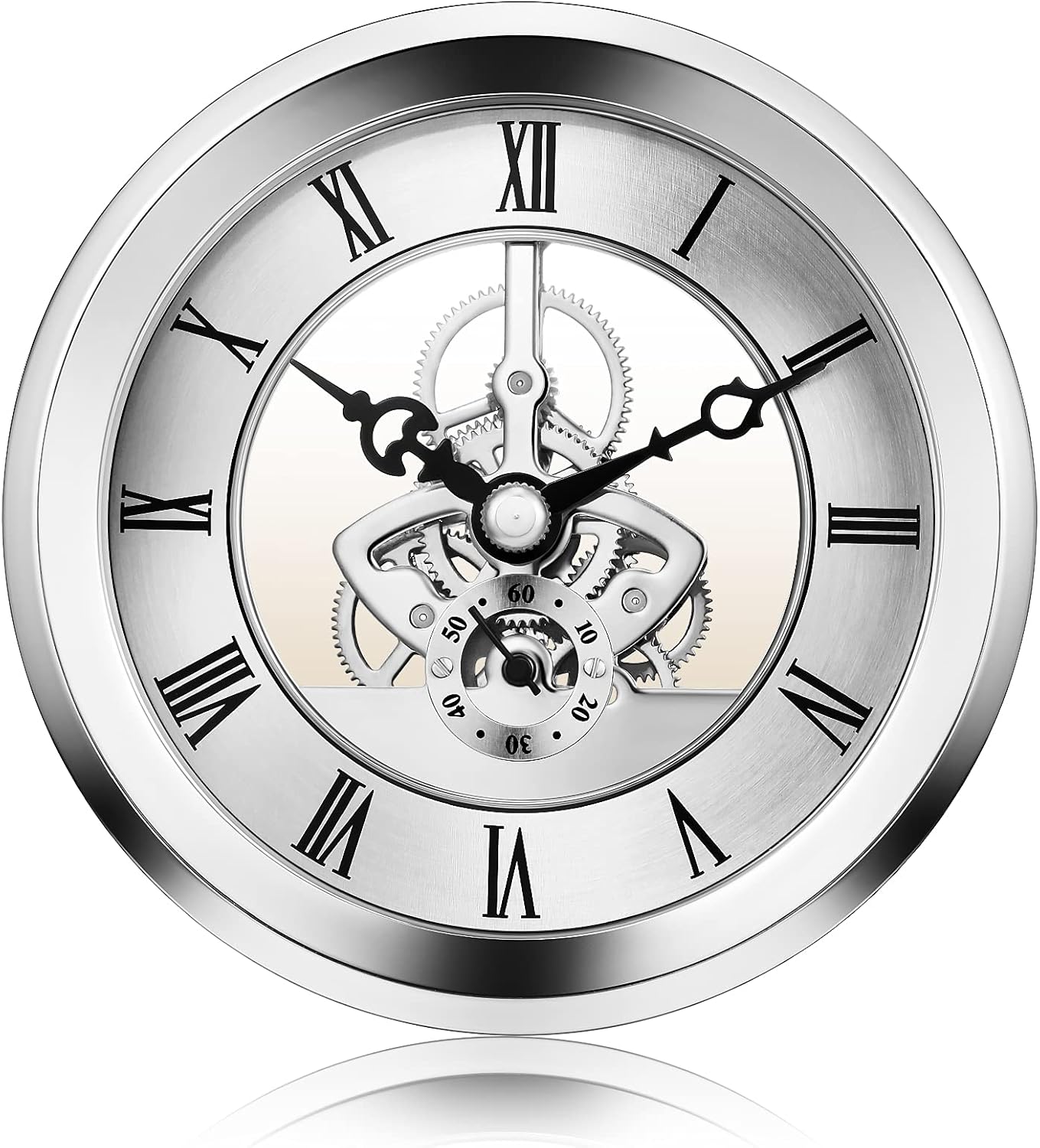



The earliest clocks were simply ways of keeping track of time using the elements. The sundial did this, as well as a clock created in ancient Greece often ascribed to Plato, that used water dripping from a bowl. The Romans later took this clock and claimed it for their own, calling it a Horologium.
The first mechanical clocks were run using the falling of weights. When they started to become mechanical, they were called Clockes, Latin for bell. This was because they kept time by sounding a bell at the hour. When they invented a clock that could tell time visually, they named it a watch. This is an obvious pun on the word watch, both in its to see meaning, and in its meaning for sentries such as in Ill take first watch. In the early days when a watch was made that also chimed, it was called as clock-watch.
The next big improvement in the clock was the creation of what is known as average escapement. This was a device that allowed equal distribution of the force in a clock, allowing them to keep time accurately. Most early clocks were large and expensive, due to the precision hand crafting that went into them. It wasnt until the seventeenth century that clocks started to be seen in homes, mainly in Britain.
The first household clocks were known as chamber clocks. These were generally hung from a wall, with weights dangling from the bottom. The weights were used to keep the hours. Most of these clocks only had an hour hand, and the earliest ones would run for little more then ten hours. As the system of force distribution, was improved on these clocks became smaller and better designed. The invention of the pendulum in 1658 made these clocks much more reliable, and easier to manufacture. This is shown in the long case clock, invented to house the pendulum.
The next few years saw many improvements on the pendulum as they made it longer and more accurate. The invention of spring clocks was a major improvement to the clock industry. At first the springs caused these clocks to go faster right after they were wound, and then gradually slower and slower. This problem was solved in small parts over the next 300 years, as the making and application of the springs got better and better.
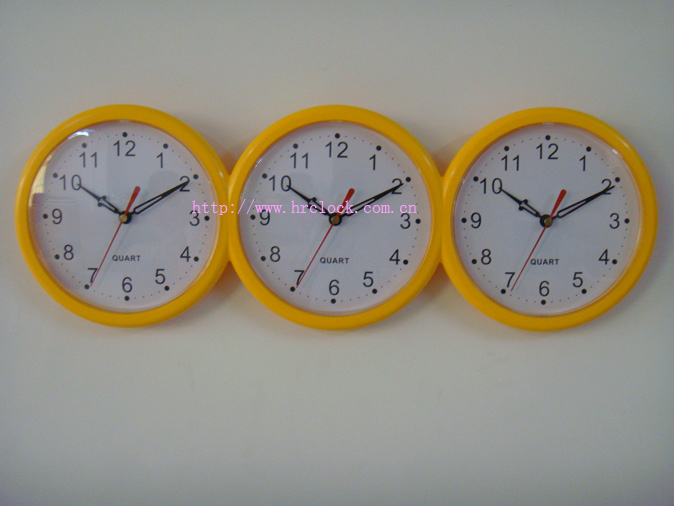
The modern clock is often an electric machine that runs much more accurately then the old water driven Greek clocks. However they are still not perfect. Trying to attain precision timing has caused people to look to quasar timing, timing by the pulses in a pulsar star. There are also clocks that measure the spin of electrons, or sun spots. Future innovations may make clocks even more accurate in ways we haven’t even thought of. Its an exciting time in clock design and fabrication.
- Sweep clock movement
- Clock hands
- High torque clock movement
- Skeleton clock movement
- Radio controlled clocks
- Pendulum clock movement
- 24 hours clock movement
- Tide clock movement
- DIY clock movement
- Round clock movement
- Quartz clock movement
- Clock inserts
- Watch inserts
- Clock parts
- Clock dials
- Wall clocks
- Plastic clock movements
- Toy clock movements
- Hook clock movement
- Alarm clock
- Clock movement
- Movements package
- Clock hands catalog



Sitemap Admin Powered by: hkwww.cn
Tel: 86-769-85532891 E-mail: talent@hengrongclock.com.cn http://www.clockmovements.cn
Keywords: clock movement, clock parts, clock hands, clock mechanism, clock accessories, cuckoo clock, alarm clock, insert clock





